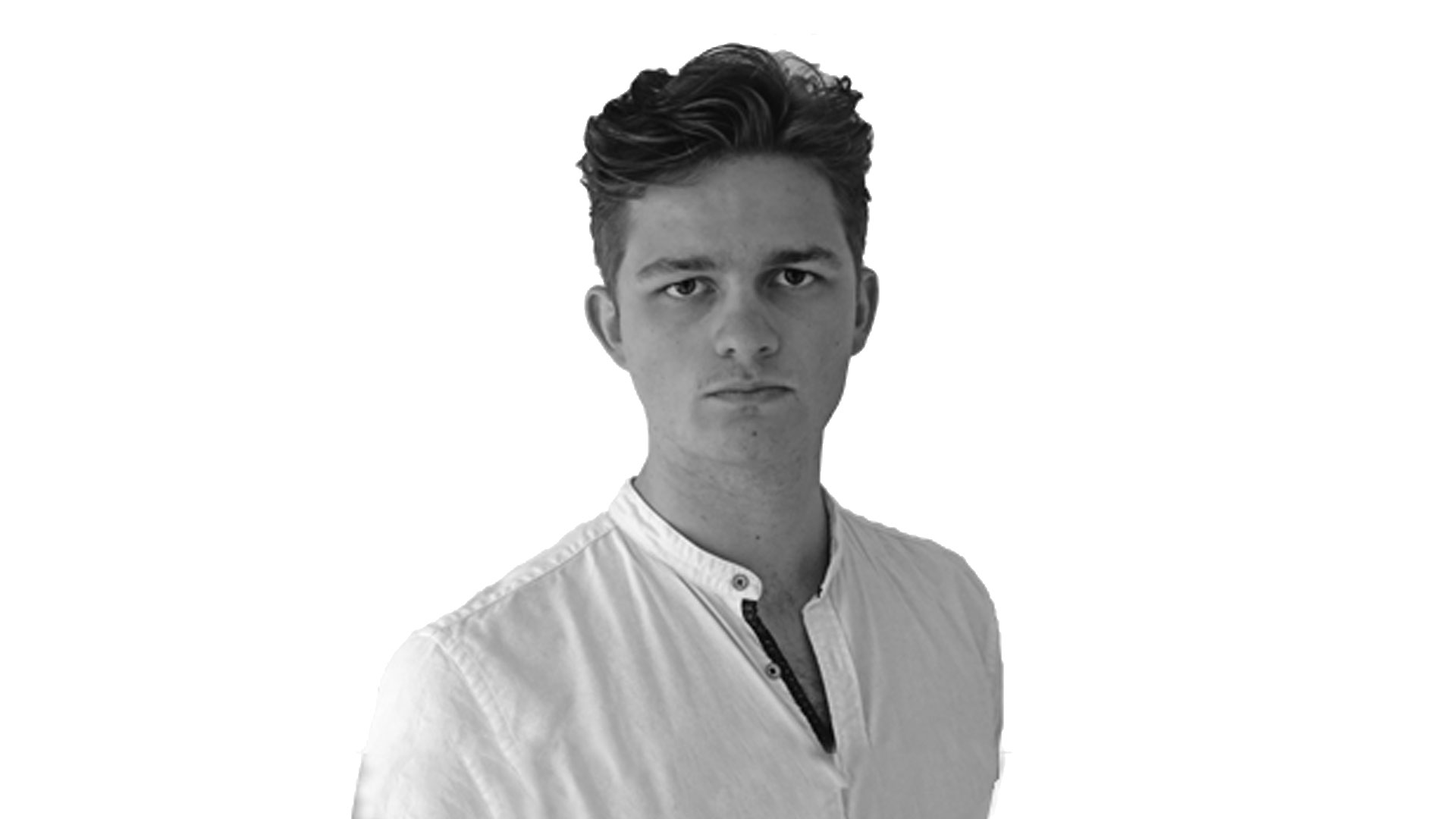The two lines in Tenet that make the movie more confusing
Tenet spoilers ahead – turn back around if you have not seen Christopher Nolan's latest

Tenet is finally in cinemas and you no doubt have questions. Lots of questions. Christopher Nolan's latest movie has been the talk of cinema-goers around the world precisely because of how confounding the story is.
If you've been scratching your head, then fear not – we're here to help. First, we recommend reading our Tenet ending explained piece, which answers some major questions surrounding time-travel, inversion, and entropy.
Below, we're going to go into why two particular lines from Tenet may have made the whole thing slightly more confusing. To do so, we're going to have to go deep into spoiler territory! So, bookmark this page, head to the cinema (only if safe to do so), then read return here for a deep, philosophical dive into Tenet.

Still here? then you have witnessed Nolan's Tenet, and likely have questions about everything that happened. We're here to talk about free will and time-travel in Tenet, which will hopefully clear a few things up – and create a few more questions.
One of the major lines in Tenet that has led to some confusion comes from Clémence Poésy's scientist, who tells John David Washington's Protagonist that "free will exists" despite the idea of inversion seemingly being counter to free will.
The scientist is, it appears, only partly correct in her summation of free will. Yes, characters have to decide to do something, yet they are also bound to make that decision. By that, I mean, whatever someone chooses to do, they are always going to choose to do.
For instance, the Protagonist will always end up saving the day and inverting himself back before the events of Tenet to help himself save the day. The Protagonist may think he has a choice, but he's always going to choose to do that. There's no timeline where the Protagonist does not save the day and then help himself in the past. That's simply how it is, and what must happen. Other examples: Elizabeth Debicki's Kat will always see herself jumping from that boat; Neil will always die during that final confrontation; Keneth Branagh's villainous Sator will always die on that boat.
Sign up for the Total Film Newsletter
Bringing all the latest movie news, features, and reviews to your inbox
Therefore, does free will exist if you are determined to go down that life path? If the Protagonist could never save Neil's life, then surely that path is determined and he never actually had free will? It's a confusing paradox, as the Protagonist still needs to choose to do those things – it's just he's always bound to make the same decision, no matter what else happens.
This leads us to the second line that may confuse things. The Protagonist says to Neil that they obviously beat Sator because they are still alive, and if they had not defeated Sator, then the time entropy bomb would have already destroyed time. Neil replies that there's no knowing that – and yet, as we've discussed, these events are already fixed. So, technically, the Protagonist is bound to save the day, with help from his future self, meaning he's right that they will defeat Sator.
And yet, unless the Protagonist choose to save the day, and go out fighting, then Sator would win. They still have to choose to do these things – which make this whole argument one giant paradox.
A movie that can perhaps help us understand time in Tenet is Bill & Ted's Excellent Adventure. At the end of Bill & Ted, the eponymous duo have save a group of historic figures who have been imprisoned by Ted's father. While sneaking through the jail, Bill and Ted are helped by their future selves – they just have to remember, at the end of the movie, to go back and help their past selves. Which is something they do obviously remember, as they do help themselves.
There's no timeline where Bill and Ted are not helped to free Socrates, Billy the Kid, and Napoleon by "future" Bill and Ted. They are bound to go back and help themselves. There's no timeline where that does not happen.
Do Bill and Ted have free will if their paths to helping out their past selves is already a fixed constant? I'm not sure anyone's ever asked that question before. However by understanding that the events in Tenet – and Bill & Ted's Excellent Adventure – are bound to happen the way they happen could help straighten out a few things in your mind. For more mind-boggling Tenet stuff, check out our piece on the relationship between Nolan's movie and the Sator Square.

Jack Shepherd is the former Senior Entertainment Editor of GamesRadar. Jack used to work at The Independent as a general culture writer before specializing in TV and film for the likes of GR+, Total Film, SFX, and others. You can now find Jack working as a freelance journalist and editor.


